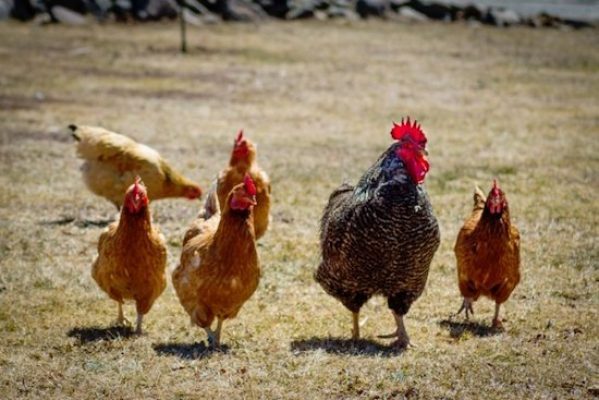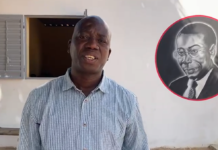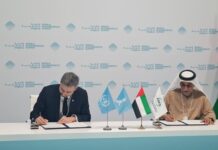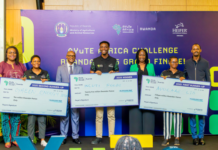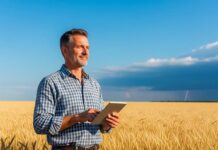By Terrena Rathanlall
In a time when feed costs are soaring, climate change threatens crops, and unemployment grips communities, one woman in Witbank, Mpumalanga, is showing that farming can be part of the solution.
Meet Nokuthula Makhubedu, founder of NM Farm Fresh, a woman-owned, off-grid poultry and agro-processing enterprise built on the principles of circular farming, climate resilience, and community upliftment.
Before she became a farmer, Nokuthula spent 18 years working as an environmental scientist in the mining sector designing development projects for communities that too often collapsed when funding ended. “I wanted to understand exactly what makes a farm succeed,” she says. So she decided to try it herself with just 50 chickens and no formal farming background.
From the start, NM Farm Fresh was structured to withstand shocks. As commercial feed prices surged and energy supply faltered, the farm leaned into circular systems. “I couldn’t depend on Eskom or expensive imports,” Nokuthula explains. “So I built a system that sustains itself.”
Today, the farm runs entirely off-grid, powered by solar energy, using borehole water, with greywater recycling, and creative reuse of by-products: feathers are repurposed by local women into pillows and toys, meat offcuts or parts not suitable for sale are distributed to small entrepreneurs, and she is exploring converting chicken blood into bioenergy to heat the coops.
“It’s not waste,” Nokuthula says. “It’s value waiting to be unlocked.”
This looped system doesn’t just cut waste, it cuts costs, stabilises inputs, and keeps money circulating locally.
The pressure on farmers has intensified in recent years. In South Africa, an 18 % drop in the corn crop (2023-2024) due to mid-summer drought pushed local feed prices higher. Meanwhile, producer prices for chicken meat rose: frozen chicken by 17.6 %, whole fresh chicken by 14.3 %, and IQF portions by 8.6 % when comparing Q4 2023 with Q4 2022.
On the consumer side, food price inflation in 2025 has been especially sharp: South Africa’s food inflation climbed to about 5.5 % in July. And overall, food costs rose by 5.2 % year-on-year in August 2025.
These spiralling costs threaten small farms and households alike, making a circular, self-reliant model like Nokuthula’s all the more critical.
At the same time, Mpumalanga’s agriculture sector is highly vulnerable to climate change. The province is among the five most sensitive in South Africa for agricultural risk, due to droughts, erratic rainfall, and water stress.
Mpumalanga currently faces a 34.7 % unemployment rate (Q4 2024), higher than the national average of 31.9 %. Under the expanded definition (including discouraged workers), the rate climbs even higher in the province.
In this context, NM Farm Fresh employs 34 women, many of whom had few employment options before joining. These women learn skills in poultry management, processing, small-business operations, and value-addition, skills they can carry into their own ventures, multiplying impact beyond the farm.
Over the past years, NM Farm Fresh has weathered load shedding, avian flu, COVID-19 supply disruptions, and a tough funding environment. But the farm’s circular systems – energy independence, resource reuse, local labour – have offered resilience no single subsidy could.
“Climate change is not coming. It’s here,” Nokuthula says. “We must adapt. Farming smarter, closing loops, and trusting local capacity are our survival tools.”
From 50 chickens, her business now processes 800 chickens per week, all within a circular, climate-attuned system that balances ecological care, cost control, and community upliftment.
Today she is developing a full line of value-added products: marinated, crumbed, canned chicken to bring NM Farm Fresh into homes nationwide.
But more than that, Nokuthula hopes her model spreads. “Circular farming is the future. When we close the loop, we build more than food: we build jobs, resilience, and hope.”
As a wife, mother of four, and business leader, Nokuthula balances many roles. Yet her mission remains clear: prove that social impact and sustainability can thrive together.
“It’s not just about chickens,” she says. “It’s about restoring dignity, planting resilience, and leaving something stronger behind.”


